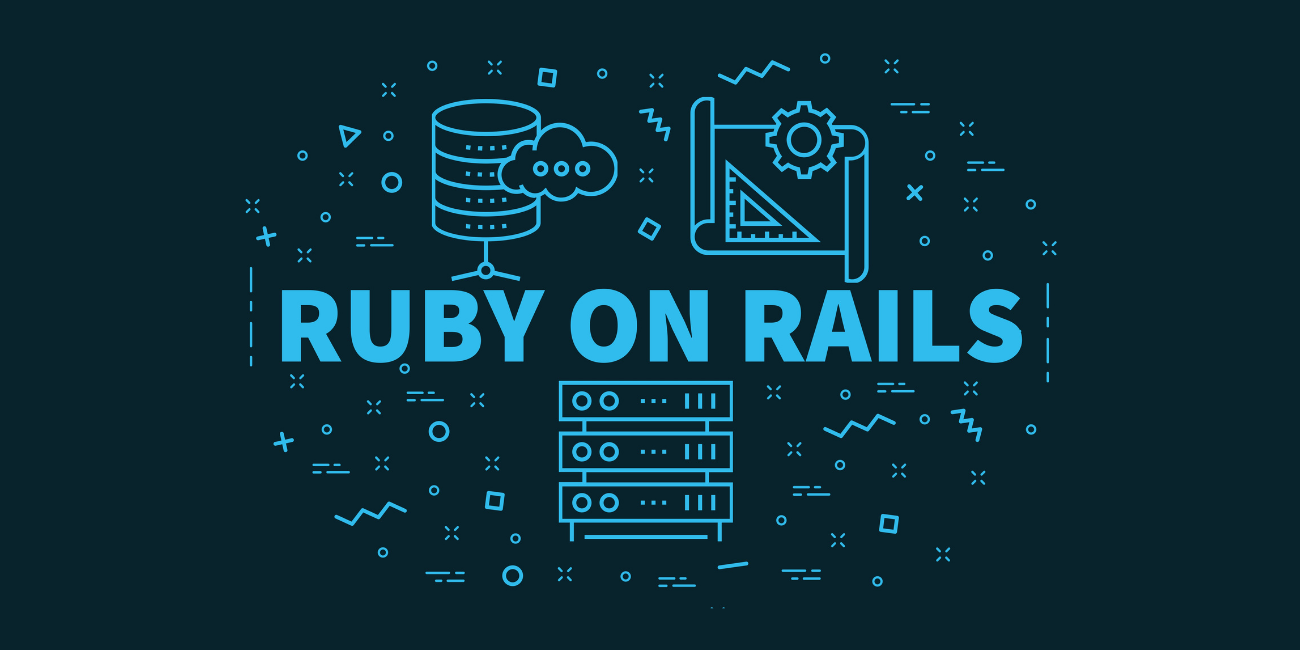Articles on Rails
Why You Shouldn’t Sleep on Ruby on Rails in 2022
First released to the public in 2004, Ruby on Rails is an open source web-application framework written in the Ruby programming language. We sat down with Carbon Five Director of Engineering Matt Brictson to discuss all things Ruby on Rails, including the benefits of using Rails versus an all-Javascript stack, what’s in store for the …
Migrating From Sprockets to Webpacker
Starting with Rails 6, Webpacker became the default asset compiler, replacing sprockets–better known as the asset pipeline. While the asset pipeline was a big step for its time in making it easy to package JS, CSS, and images, webpack has matured enough to do all of the above and more, due to modern JavaScript’s support …
The Best of Both Worlds: HTML Apps & Svelte
At Carbon Five we try to be agile about our technology choices and pick the simplest tool for the job at hand. That means that even in 2019, the era of React and Redux and GraphQL and all the other fancy tools for client-side web applications, sometimes the best tool for our clients is a …
Safely Migrating from Paperclip to Active Storage
Active Storage was introduced into Rails version 5.2. It is a highly anticipated addition to handle integrations with asset management such as AWS S3. For a long time, the field has been dominated by outside gems, including Paperclip, which has been around longer than many people have been Rails developers. Now that Active Storage has …
Bring Clarity To Your Monolith with Bounded Contexts
Check out the video of this talk from ElixirConf 2017 below Monolithic applications are great when you start building your company, but as time progresses, they become difficult to maintain. These codebases, as they grow, easily become Big Balls of Mud. When building large applications in frameworks like Rails, the very convention-over-configuration design principles that made …
Roll Your Own Asset Pipeline with Gulp
I’ve found myself using Gulp for just about everything involving HTML/CSS/JS these days. It’s super fast, quick to write scripts for and flexible. I’m at a point now where I have a ton of projects I can just cd into, run gulp and be up and running. It’s the best solution I’ve found for delivering …
Raygun: Generating Rails Apps for the Last Year
It was about a year ago that we first announced Raygun, our Rails applications generator. Since then, many apps have been zapped into existence, both internally at Carbon Five and in the wild. Raygun evolved over the year; it does more of some things and less of others. Let’s see what Raygun does and what …
Applying Functional Programming Principles To Your Rails Codebase
All the programmers around me seem to have very strong opinions about functional programming. The Internet certainly loves to talk about it. Some of the concepts are interesting – but many of them (at first) don’t seem to apply for those of us writing database-fronting web applications. What can we apply from a world in …
Keeping it Simple: Migrating to Pundit from CanCan
We’ve been using CanCan for Rails Authorization on most projects for a few years now. When upgrading an internal application to Rails 4, I discovered that CanCan does not play well with strong parameters. There are some patches to make things work, but they didn’t feel right. Also, CanCan hasn’t been given much love recently; …
Minimizing downtime when deploying to Heroku
Heroku has become our default hosting platform for most new projects. It’s simple to deploy new rails apps, encourages some good conventions, is able to provide the services most applications need, and can offers a simple scaling solution which can usually handle whatever growth new products are able to produce. We also like automated and …





